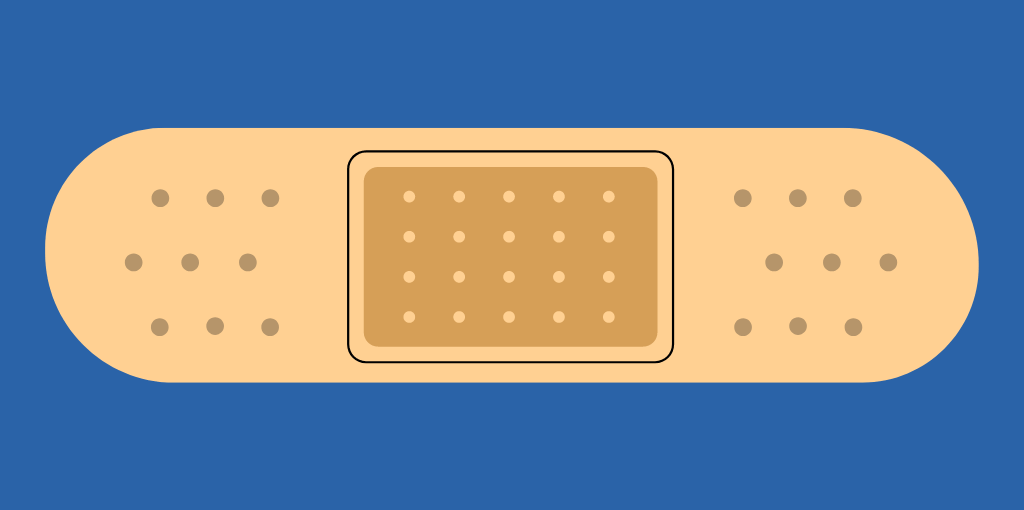Puncture Wounds: Treating at Home vs. Going to the ER
- Category: Injuries
- Posted On:

Knives, teeth, and other sharp objects create painful and dangerous puncture wounds when they penetrate the skin. Since puncture wounds don’t always bleed very much, you might think they aren’t all that serious. These injuries are more susceptible to infection than cuts and lacerations, especially when caused by rusty nails and other contaminated objects.
Learn more about puncture wounds and visit a San Marcos urgent care facility immediately if you need medical attention.
When to Go to the ER for a Puncture Wound
Most puncture wounds require medical care to prevent infection. Visit urgent care or an emergency room if any of the following are true:
- A metal object penetrated your skin.
- The foreign object is still inside the wound.
- The wound continues to bleed for 10 when applying pressure.
- The wound is deep or dirty.
- A human or animal bite caused the wound.
- You have an injury in the joints, abdomen, chest, scrotum, neck, or head.
- You haven’t received a tetanus shot within the last five years.
Take special care if you have a foreign object inside of the wound. You can cause additional damage if you attempt to remove the foreign body yourself, so keep the object in place and visit an ER immediately.

First Aid for Minor Puncture Wounds
Most puncture wounds are too deep for at-home treatment. However, if you have a minor puncture wound caused by a non-contaminated object, you can treat it at home while continuing to monitor it for signs of infection.
Begin by washing your hands with soap and water to avoid introducing germs and bacteria into the wound. Then, place the wound under running water for five minutes to clean it before washing it with soap. Inspect the wound to ensure it’s clear of objects and debris, and protect it from infection by applying antibacterial ointment. Finally, bandage the area to keep dirt, debris, and germs that could cause an infection out of the cut.
You must change the bandage daily whenever it becomes wet or dirty. Also, wait 48 hours before bathing, and pat the injured body part dry before dressing the wound.
Signs of a Puncture Wound Infection
Since puncture wounds are susceptible to infection, monitoring your injury is vital. You’ll need to get on antibiotics for a puncture wound if you develop an infection, so visit urgent care or the ER if you notice any of the following symptoms:
- Fever
- Foul odors
- Increasing pain
- Pus
- Red streaks
- Redness, warmth, or swelling
Puncture Wound Treatment at the ER or Urgent Care
Both urgent care and emergency room physicians can treat puncture wounds. First, the provider will clean and examine the wound. Often, X-rays are needed to check for foreign objects and additional damage. Your doctor will also review your medical records to determine if you need a tetanus shot or booster. Additionally, you might need antibiotics for a puncture wound to prevent an infection.
You’ll go home with instructions for changing the bandage and caring for your wound. Depending on the severity of the injury, you might also need a follow-up appointment to monitor your healing.

Walk-in Puncture Wound Treatment is Available
At Premier ER & Urgent Care you no longer have to guess where to go to get the level of care you or your loved ones need. With an ER and urgent care - under one roof, seek care confidently with Premier. Urgent Care is available from 7 AM – 9 PM, seven days a week. ER is open 24/7.
Premier ER & Urgent Care has four convenient locations in Texas-
San Marcos - 1509 N Interstate 35 San Marcos, TX 78666
Temple - 7010 West Adams Avenue Temple, TX 76502
Waco - 221 S Jack Kultgen Expy Waco, TX 76704
Woodway - 9110 Jordan Lane Woodway, TX 76712
